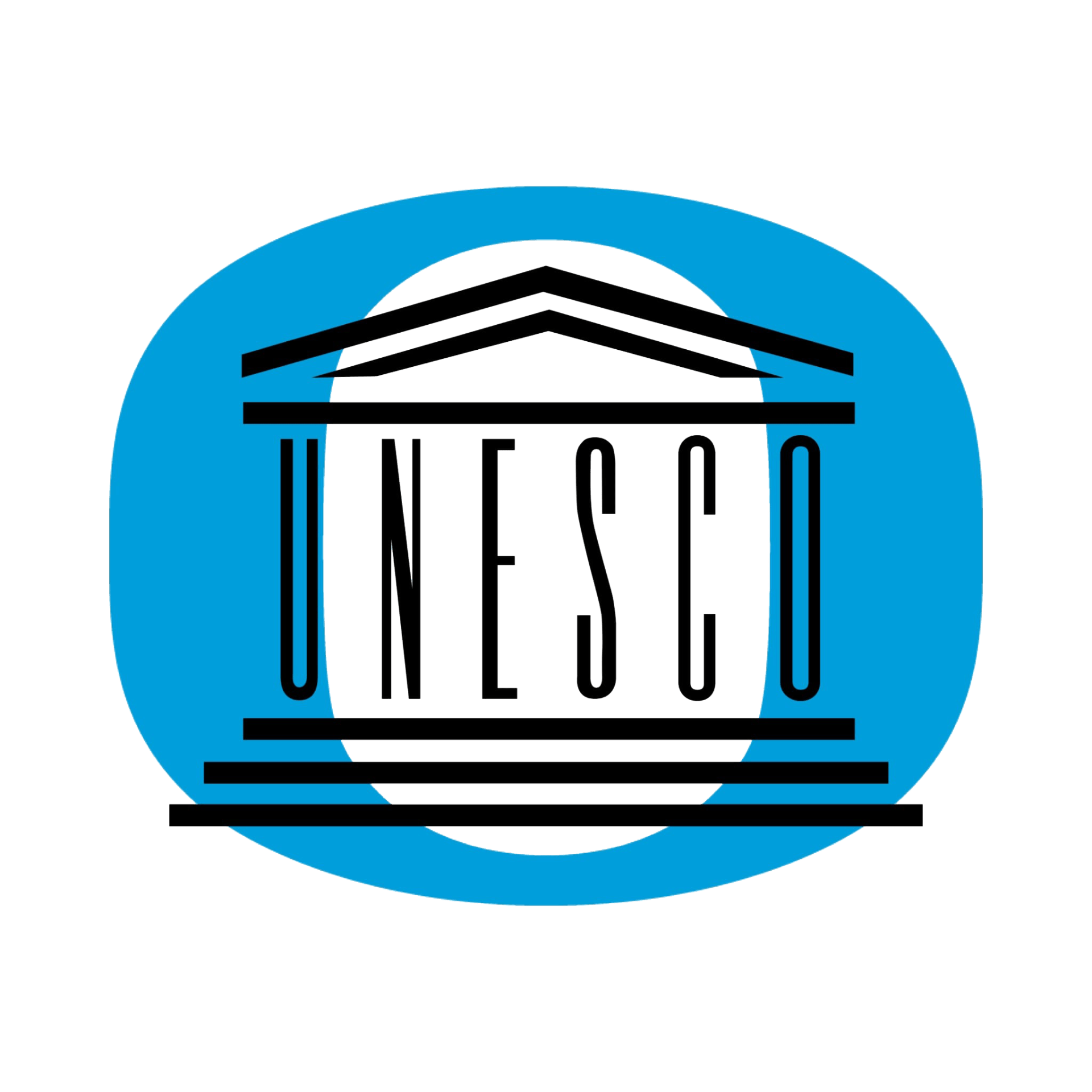Swords into Plowshares
Across from the United Nations building in New York City are the words, “They shall beat their swords into plowshares and their spears into pruning hooks.” This metaphor calls for a new path- one where we turn war and violence into a peaceful family of nations. The following proposal is a way forward:

The basic idea is that nations would be recruited through the UN to participate in a global peacebuilding effort. In this effort, each participating nation would reduce its military spending initially by one percent and place those funds into a Swords into Plowshares Fund administered by the UN.
Swords into Plowshares would turn a part of our military economies into peacebuilding economies by being able to divert funds toward supporting various social and environmental projects.

Drought Prevention

Veteran & Victim Support

Reforestation & Climate Change

